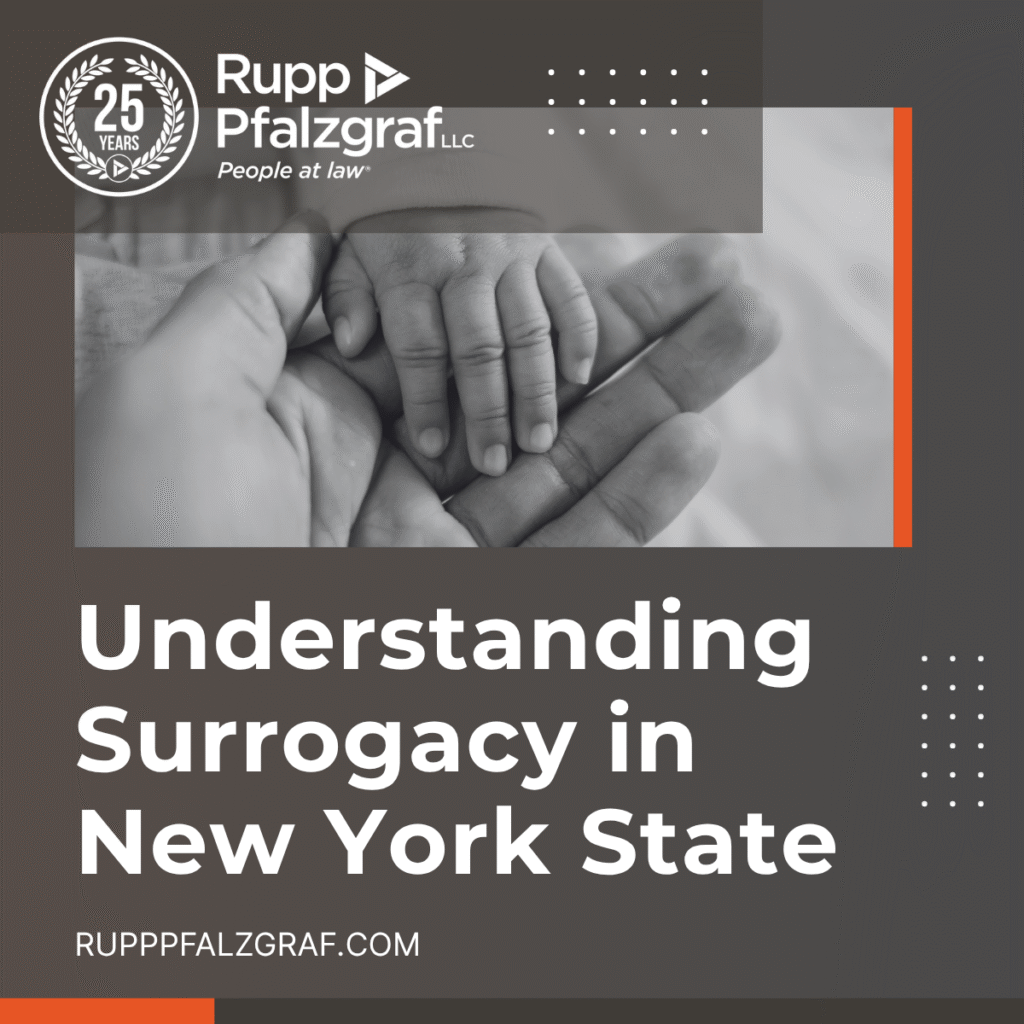
For many people, the journey to having a child doesn’t follow a traditional path. When pregnancy is not an option due to medical reasons or other circumstances, surrogacy opens the door to parenthood for individuals and couples who are ready to build or grow their family. For some, surrogacy may be the only way to conceive a child who is biologically related to them.
What Is Surrogacy?
Surrogacy is a method of assisted reproduction where a person carries and delivers a child for another person or couple, called the intended parent or parents, who will be the legal parents of the child. Intended parents can be individuals or couples, regardless of marital status, sexual orientation, or genetic connection to the child.
Why People Pursue Surrogacy
There are a variety of reasons that people may pursue surrogacy. People who struggle with infertility, have a history of pregnancy loss, or have a medical condition that makes pregnancy unsafe or unviable might turn to surrogacy. LGBTQ+ couples and single parents may also choose surrogacy to have a biological child.
Types of Surrogacy Arrangements
There are several types of surrogacy arrangements that couples and individuals may choose depending on medical needs, personal preferences, and legal requirements. These include:
- Gestational surrogacy is one of the most common types of surrogacy. In this process, the surrogate has no genetic relation to the child and gestates the child for the intended parents.
- Traditional surrogacy is when the surrogate uses her own egg and gestates the child for the intended parents. This creates a genetic relation between the surrogate and the child and is not legal in New York.
- Commercial surrogacy is a compensated arrangement where the surrogate receives compensation beyond reimbursement for direct expenses.
- Compassionate surrogacy is an uncompensated surrogacy arrangement where the surrogate receives only reimbursement for direct expenses.
Is Surrogacy Legal in New York State?
Yes. Compensated gestational surrogacy is legal in New York under the Child-Parent Security Act (CPSA), which took effect in 2021. The CPSA created a legal framework that clearly outlines the rights and responsibilities of everyone involved. This includes a Surrogate’s Bill of Rights, which ensures robust legal protections for the surrogate, as well as requirements for legally binding agreements between surrogates and intended parents. Traditional surrogacy, where the surrogate has a genetic connection to the child, is prohibited under New York law.
How Our Family Law Team Can Support You
Surrogacy is a complex and emotional journey for all involved, and it requires serious legal considerations and careful planning.
The Family Law team at Rupp Pfalzgraf is experienced in surrogacy law and is committed to protecting the rights of both intended parents and surrogates. We work closely with our clients to provide clarity at every stage, ensure all legal requirements are met, and offer comprehensive support through the entire process.
We understand how meaningful this journey is and take pride in helping families grow. If you are considering surrogacy or have any questions, we’re here to provide compassionate legal guidance and help you welcome a child into your life.

